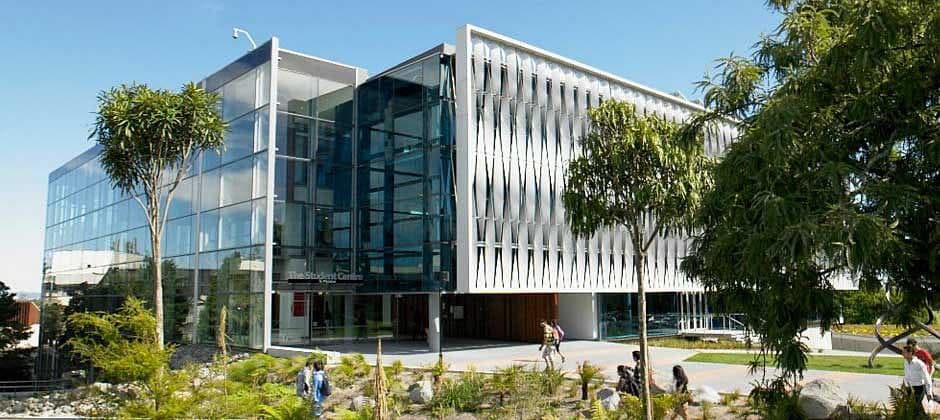ENGEV542 Waste Minimisation Engineering
The Environmental Engineering programme combines fundamentals of engineering, science, mathematics and computing with supporting papers from water resources, water quality, earth and ocean environments, environmental planning, modelling and sustainability, chemistry, and biology. Environmental engineers develop and evaluate and assess options, design equipment and systems, and develop regulations and controls to solve issues of water quality, water supply, waste reduction and disposal, soil and air quality management, and control noise. These help protect and improve the air, water and soil environments. Prospective careers include local and regional government, engineering consultancies, companies and suppliers.
Environmental Engineering is available as a specified programme for the Bachelor of Engineering with Honours (BE(Hons)).
To complete the specified programme in Environmental Engineering, students must complete the following programme.
Year 1
Students must take the following papers: ENGEN101, ENGEN102, ENGEN103, ENGEN111, ENGEN112, ENGEN170 and ENGEN180.
Plus 15 points of electives from: BIOMO101 or CHEMY102.
Year 2
Students must take the following papers: ENGEV280, ENGCV223, ENGCV231, ENGEN201, ENGEN270, ENGEN271, ENGEV241, ENGME221 and ENVPL203.
If you are studying the Diploma in Engineering Management, concurrent with the BE(Hons), you must complete ENGEN272 (in place of ENGEN271).
Year 3
Students must take the following papers: BIOMO203, CHEMY201, ENGCV323, ENGEN370, ENGEN371, ENGEV341, ENGEV343, ENGEV380 and ENVPL306.
If you are studying the Diploma in Engineering Management, concurrent with the BE(Hons), you must complete ENGEN372 (in place of ENGEN371).
Year 4
Students must take the following papers: ENGEV581, ENGEN570 and ENGEN582.
Plus 45 points of electives from: ENGCB523, ENGCV523, ENGEV541 or ENGEV542.
